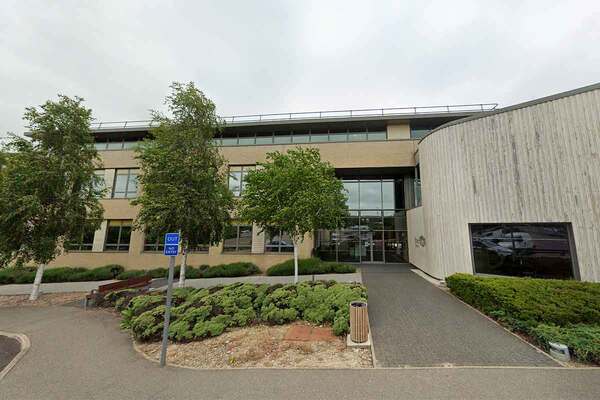Homeowners 42 times more wealthy than social housing tenants, inequality report finds
Homeowners are 42 times more wealthy, have more savings and live in more desirable areas than social housing tenants, a new report exposing inequalities in England has found.
Research by the Human City Institute (HCI), a Birmingham-based charity, found that austerity policies implemented over the past decade have intensified the gap between those living in social housing and those in other tenures.
Six in 10 social tenants are in the bottom 10% of the wealth spectrum, with many seeing a fall in wealth in recent years, while the wealth of the richest homeowners has soared.
Less than one in five social tenants have any savings, compared to two-thirds of homeowners and one-third of private renters. Social tenants who do have savings have far less than households in other tenures.
Meanwhile, three-quarters of social tenants are ranked in the bottom 40% of the national income spectrum, with almost half placed in the poorest 20%. The average social tenant’s income is just 45% of the average homeowner’s and 75% of the average private renter’s. More than half of food bank-users are social tenants.
Social housing is also more likely to be found in areas with high levels of multiple deprivation. Almost one in 10 social homes are located in the 1% most deprived of 33,000 neighbourhoods in England and just under one in three are in the 10% most deprived.
The report’s author, HCI operational director Kevin Gulliver, said: “The gaps in wealth, income and deprivation between social housing and other tenures are stark. Based on what social tenants say they want, HCI recommends a step-change in resident involvement, including extension of mutualism across the sector.
“The government now needs to end austerity, which disproportionately affects social tenants, by making welfare benefits more generous and confronting in-work poverty. This should be supported by the creation of a tenants mutual as an overseer and funder of social housing and neighbourhood infrastructure.”
He said that social landlords could help by keeping rents and service charges as low as possible, and tackling financial exclusion by providing more furnished tenancies, supporting employment and training initiatives, helping residents start enterprises, and promoting community finance initiatives.










